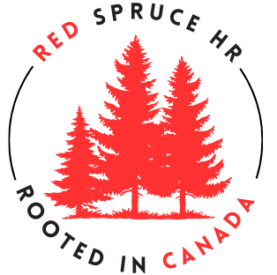Let’s be honest: preparing for your CHRP or CHRL is a marathon. It requires precious time and energy, often after a long day of actually doing HR. The last thing you need is to waste effort on strategies that don’t work.
After guiding many professionals through this journey, I’ve seen the same counterproductive myths surface again and again. Let’s bust them so you can focus on what truly matters.
Myth #1: “I just need to memorize the entire SHRM BASK.”
The Truth: The BASK (Body of Applied Skills and Knowledge) is a framework, not a textbook. HRPA exams are famously situational. While you absolutely must know the core concepts, rote memorization of every law and theory is a futile effort. The exam tests your ability to apply knowledge in nuanced, often ambiguous, scenarios. You need to understand the why behind the what.
What to do instead: Focus on application. For every concept you study, ask yourself, “How could this present itself in a real workplace? What are the potential pitfalls? What would a good HR outcome look like?” Use practice questions not to test your memory, but to test your judgment.
Myth #2: “Buying more study materials will increase my chances of passing.”
The Truth: This is a classic case of mistaking quantity for quality. Having five different study guides, three question banks, and a stack of flashcards from various sources can lead to confusion, contradiction, and overwhelm. These resources often present information in different ways, which can fracture your understanding rather than solidify it.
What to do instead: Choose one or two high-quality, reputable primary resources. Master them. Dive deep. Understand them inside and out. Use additional sources only to clarify a topic you’re struggling with, not as your core plan.
Myth #3: “I should double down on my strengths and skim over my weaknesses.”
The Truth: The exams are competency-based. It requires a minimum level of proficiency across all domains. You can’t “ace” Talent Acquisition to make up for a failing score in Employee Relations. Ignoring a weak area is the fastest way to fail a competency.
What to do instead: Be brutally honest with yourself. Use the initial knowledge assessments in your study materials to identify your weakest domains. Schedule more time for them, not less. Tackle your weaknesses head-on with focused study sessions. Turning a weakness into a competence is a huge points gain.
Stop sabotaging your own success. Ditch these myths, focus on applied learning, master a few key resources, and confront your weaknesses head-on. You’ve got this.
What other study myths have you heard? Share them below!
